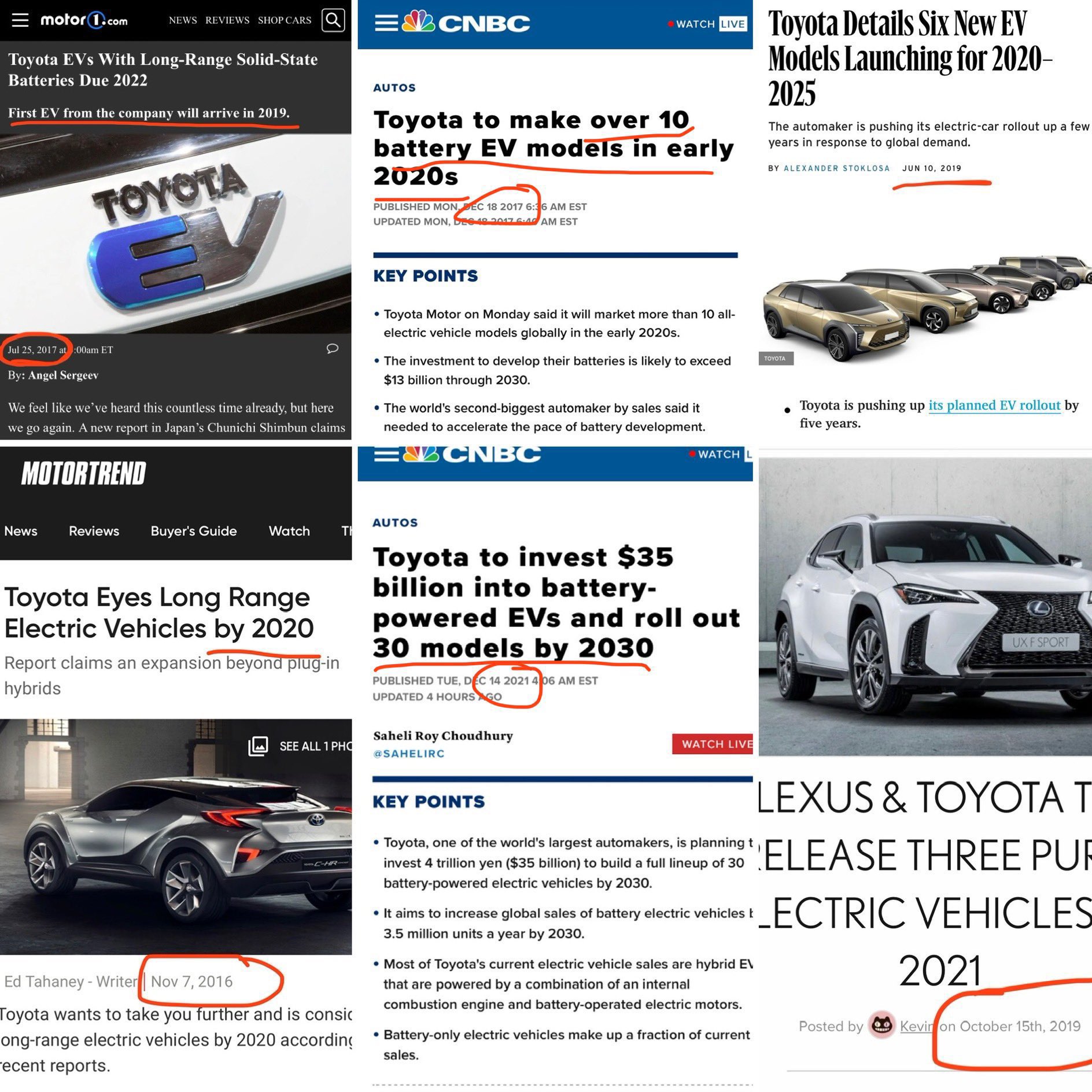Repost of a my previous comment on this elsewhere:
They have been “claiming”/ “announcing” this breakthrough since 2017 repeatedly. They STILL haven’t figured out how to mass produce it affordably to make it meaningful. They keep pushing out the date for when it will arrive for many years now.

